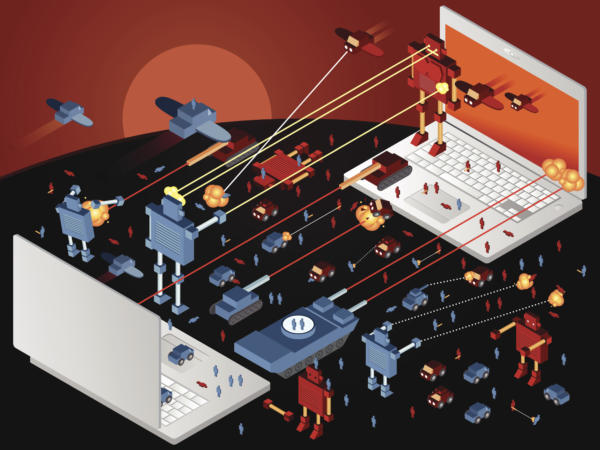Wellness culture has continued to expand within the tech scene. From straightforward apps that help you track menstrual cycles to ones that guide you through meditation, tech has found multiple ways to address wellness.
However, as the conversation continues to expand, the tech industry needs to turn a reflective eye inward. Wellness can’t be seen as just composed of individual choices. While apps and advertisements promoting “wellness” are great, what does that mean when some of tech’s biggest players run toxic sites?
Earlier this year, a survey from the Anti-Defamation League found that 2018 was a record year for online hate and harassment. Over half of the respondents reported that they experienced hate on Facebook. Twitter and YouTube came in at 19 percent and 17 percent, respectively.
This is big because when you ask people to name social media platforms, Facebook, Twitter, and YouTube are often names you’ll hear first. While anyone can experience harassment on social media, some communities are more vulnerable than others.
In 2018, Amnesty International released a report that found Black women were disproportionately targeted with problematic or abusive tweets on Twitter. The report included sexual and physical threats along with outright misogynoir and racial slurs.
For most Black women, Amnesty’s report didn’t come as a surprise. Twitter has had problems with white supremacy on its site for years. The company is now infamous for not only allowing Nazis to remain on its platform but also verifying some of them.
Meanwhile, Facebook continues to make headlines for playing host to secret groups that promote all kinds of hate, including a border patrol group laughing at pictures of dead migrants.
In addition, Facebook doesn’t moderate evenly. While it has narrow definitions of white supremacy that allow many examples to go unchecked, Black activists often report being banned for discussing their oppressions. The problem is so wide-spread that it has its own name: getting “Zucked.”
YouTube doesn’t get away free, either. The platform has become a sort of breeding ground for the alt-right. YouTube’s algorithms can lead its users into conspiracy theories, white supremacist propaganda, and more.
Conversations around wellness cannot ignore how social media platforms allow anti-Blackness, Islamophobia, antisemitism, and other forms of hate to prosper virtually unchecked. After all, wellness is far more than the individual choices you make.
Racism is already known to impact Black people’s health. The stress of dealing with outright anti-Blackness, for example, can lead to chronic health conditions. The American Psychological Association noted:
“Although the chronic condition of stress can have negative side effects on all persons, the unique psycho-social and contextual factors, specifically the common and pervasive exposure to racism and discrimination, creates an additional daily stressor for African-Americans.”
From poor moderation online to building tech for the military, the industry negatively impacts Black people and other communities of color across the globe.
Technological advancements can help people discover wellness for themselves, even in the face of structural problems. However, tech as an industry, needs to admit the role that it plays, and how it contributes to these forms of oppression.

